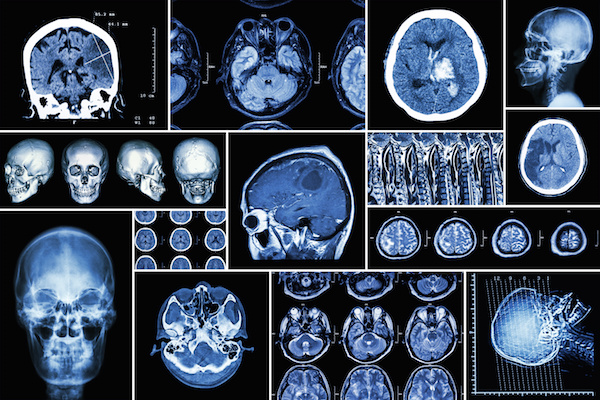
THURSDAY, July 22 (HealthDay News) — While practice helps improve your musical talents, it’s working memory capacity that may determine if you become a virtuoso, according to a new study.
Working memory capacity is the ability to keep relevant bits of information active in your mind, the study authors explained in a news release from the Association for Psychological Science. Musicians use working memory when they read music, and it allows them to play their instrument while reading ahead to the notes that are coming next to keep the music flowing.
In the study, U.S. researchers asked pianists to play six pieces from a book of sight-reading tests rarely used in the United States. The pieces were of varying levels of difficulty and judges graded the pianists on technical proficiency, musicality and overall performance.
The study participants were also interviewed to determine how many hours per week they had practiced in each year they’d been playing the piano, and were given tests that measured their working memory capacity.
The amount of time the pianists spent practicing accounted for about 45 percent of the differences in sight-reading skills, while working memory capacity accounted for another 7 percent, the study authors found.
“Practice is absolutely important to performance. But our study does suggest that cognitive abilities, particularly working memory capacity, might limit the ultimate level of performance that could be attained,” study co-author Elizabeth J. Meinz, of Southern Illinois University Edwardsville, said in the news release.
The study was released online June 9 in advance of publication in an upcoming print issue of Psychological Science, the journal of the Association for Psychological Science.
More information
Learn more about the science of music at the Exploratorium’s Accidental Scientist.

